Are you considering hobby farming or homsteading? Maybe you’re wondering what the differences are? Hobby farming is characterized broadly as anything less than 50 acreas that is more for pleasure than for business. Likewise, homesteading is defined in a way that is pretty broad. Wikipedia describes it as “a lifestyle of self-sufficiency, characterized by subsistence agriculture, home preservation of food, and may also involve the small scale production of textiles, clothing, and craft work for household use or sale.” It has also been described as total off-grid living, self-reliance, or the production of the majority of one’s food, while living in a way that is environmentally conscious. Homesteading focuses production on the needs of the individuals living in a home, whereas farms focus their production primarly on generating income. However, hobby farms aren’t even defined as use for really anything other than enjoyment.
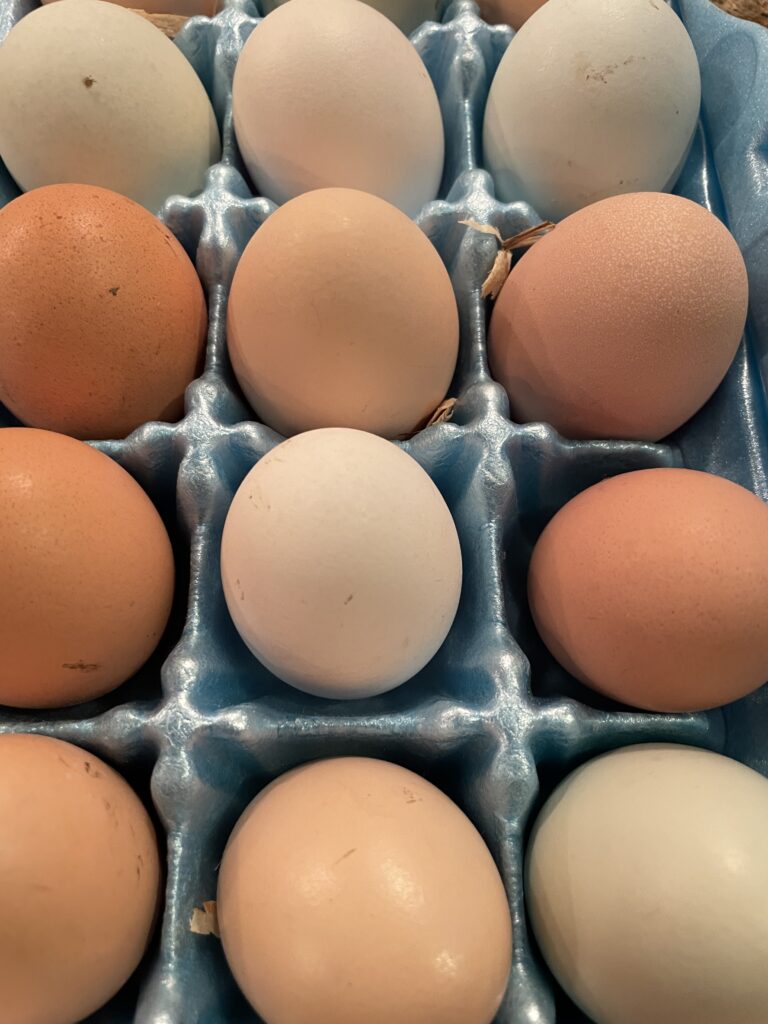
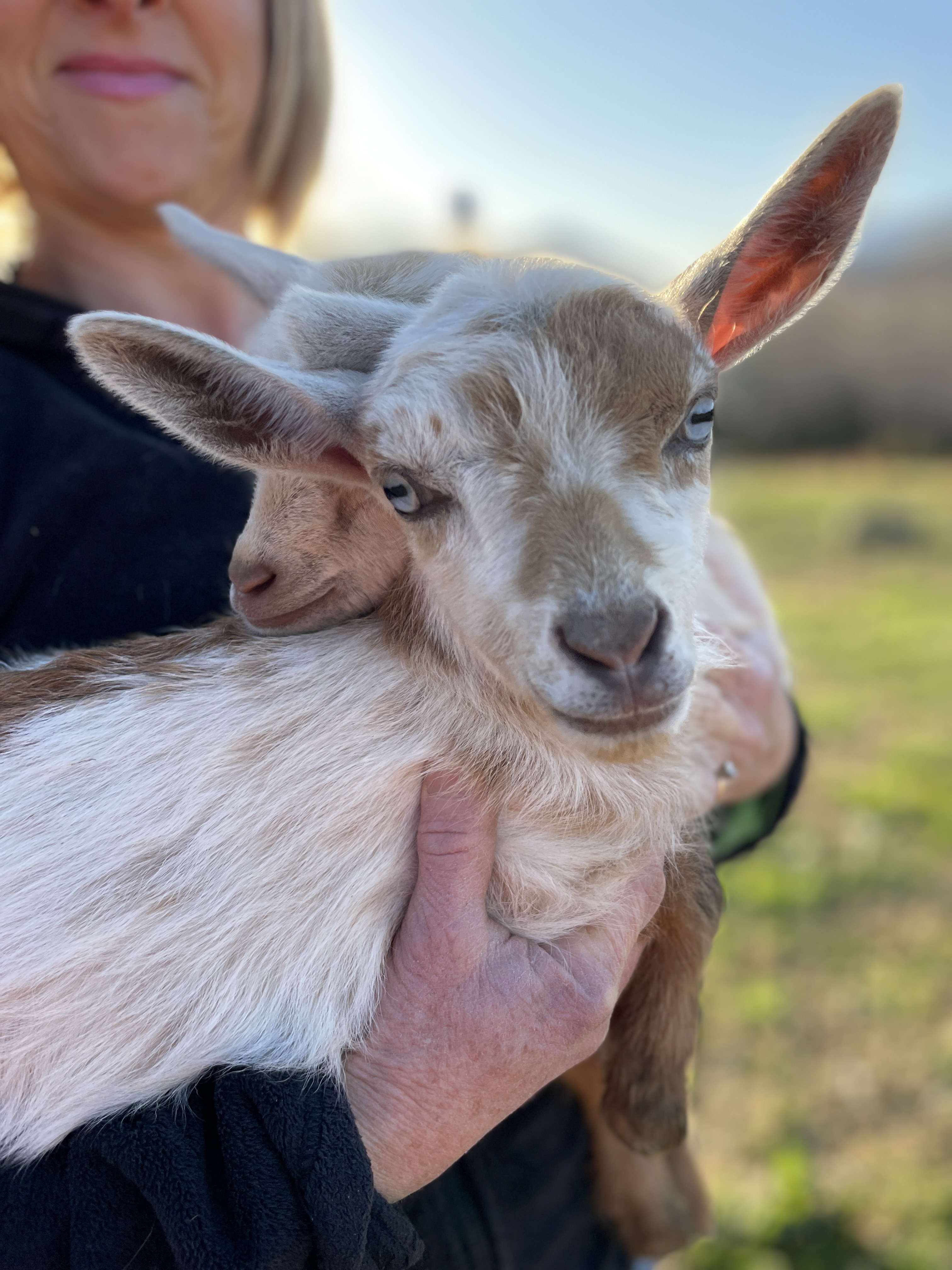
What are we?
We are not off-grid, nor completely self-sufficient, and our goals for living this way encompass more than pleasure. Living in a way that benefits our health, respects the land, and allows for more self-sufficiency is a priority. While we didn’t grow up this way, our ancestors did and it feels right to get back to our roots. We are learning and growing all the time. We have been moving in a direction of living that allows us to have healthier food – beef, eggs, and vegetables, and less dependence on outside resources. Our goal is to eventually generate an income, providing animals and resources that benefit others who are seeking the same quality of livestock, foods, produce, and products that we enjoy.
A woodstove is our supplementary, back-up heat source. I have my sights on an outdoor woodburning stove that also heats our water. This is a common heat source were we live. We have peace of mind when weather forecasts are unpredictable, during the winter months, that we will be warm during a power outage.
Currently, we have a generator for backup power, but we’re researching options for converting some areas, that consume excess power, to solar. I love the concept of solar and it’s effeciency.
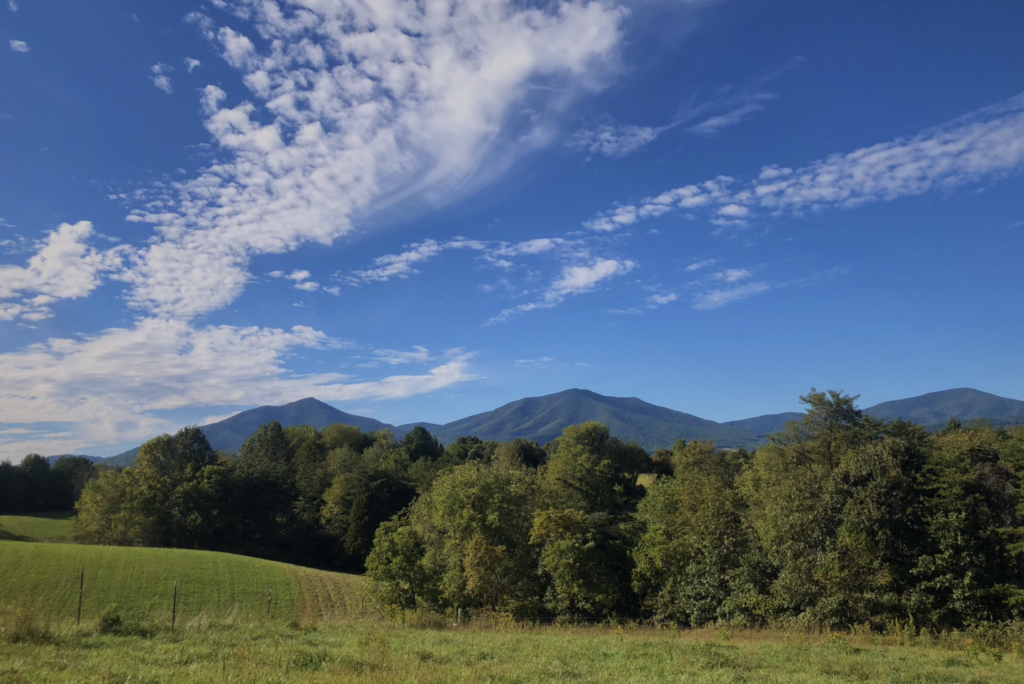
Cows & Beef
We raise cows for our personal beef consumption, and we sell some calves to fund the necessities that are required for our small operation – diesel for our tractor, supplies, hay, and grain.
Dexter Cows
About 10 years ago, we purchased angus cows from a local farmer. It was a start, but we found out quickly that angus cows really don’t have the demeaner for our getting out into the pasture and spending time with them.
Shortly after, a local vet was downsizing her herd of Dexter cows. We purchased them and found them to be ideal in personality, demeaner, and size. They are smaller, and more suited for hobby farms, small farms, and homesteads. Easy calving, and their gentle, docile natures are other traits they are known to have. We purchased 3 cows already named for us – Boo, Butter, and Chocolate. We “rented” a Dexter bull for a few months, and bred our cows. Sure enough, they were easy calvers, had small calves, and were excellent mothers. We never milked our cows, but supposedly they are known not only for their beef quality, but their milk as well. If you’d like to learn more about the Dexter breed, the American Dexter Cattle Association offers a lot of information on their site.
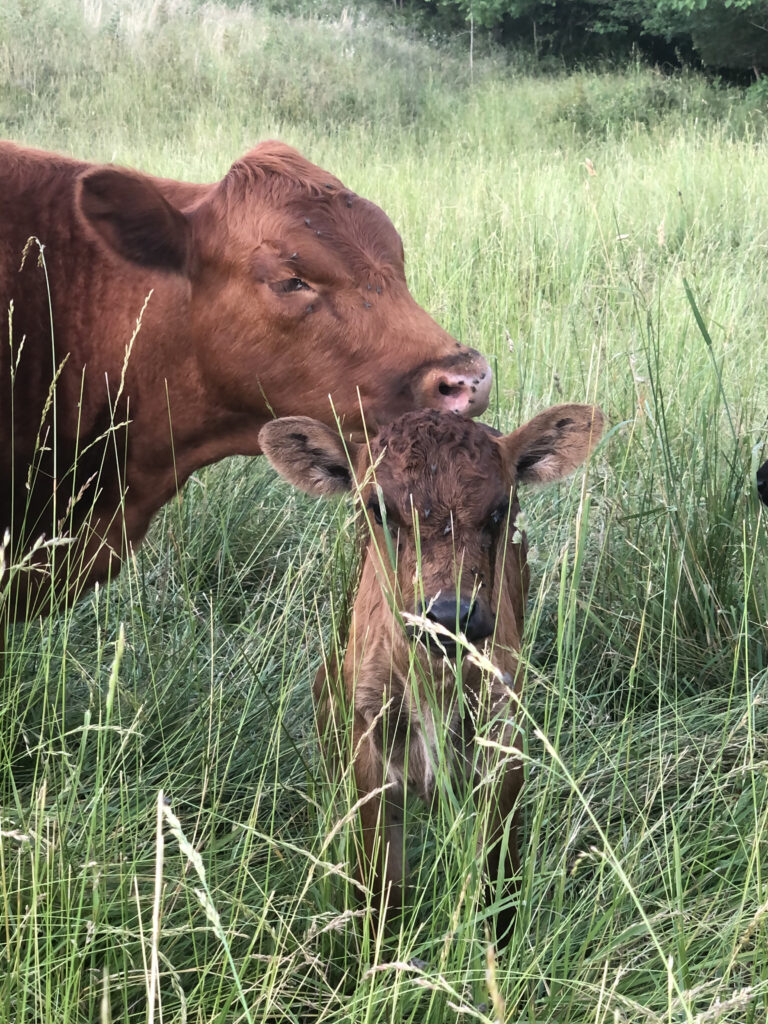
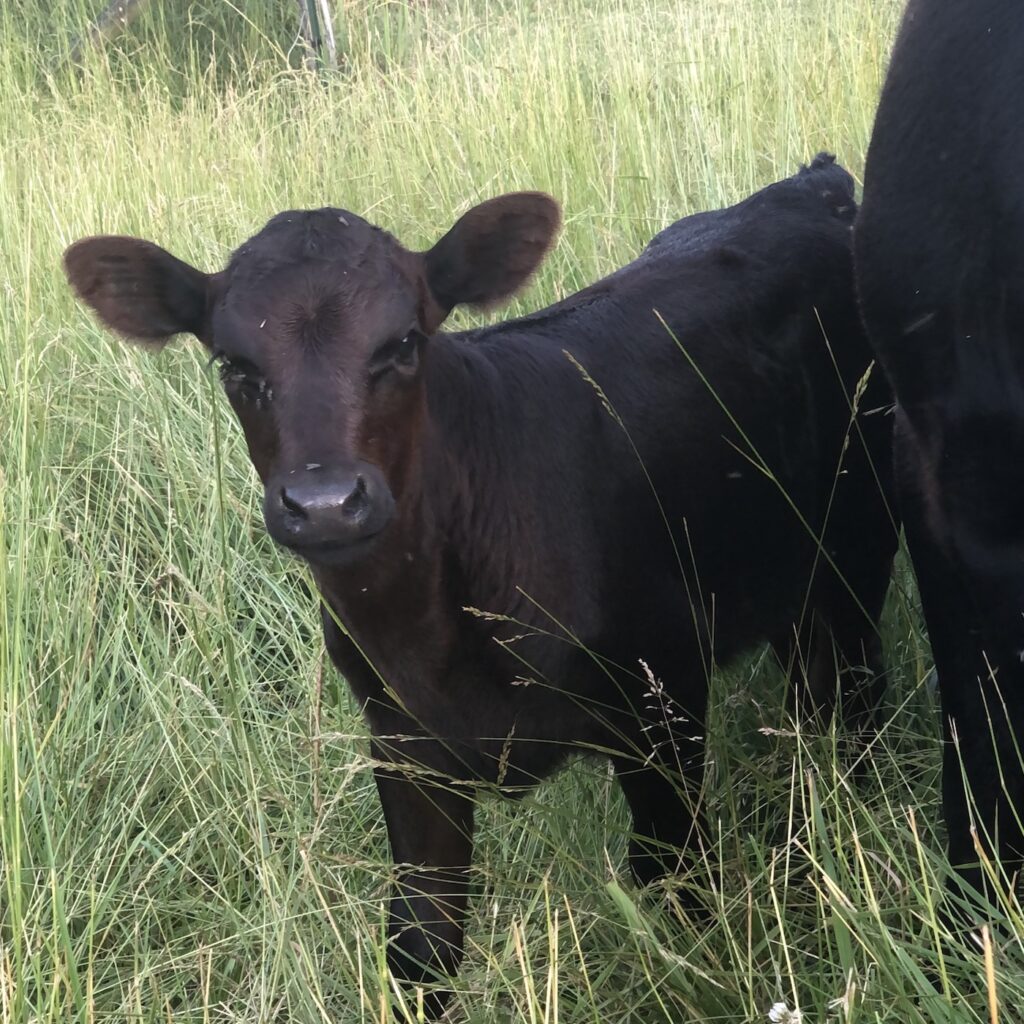
Brahman Cows
My husband is a cow lover, and so is our oldest daugther. The two of them are literally carbon copies of each other, from their sleep habits, personalities, genetics, and food preferences, to their interests and the way they think in general.
It has been my husband’s dream to have a couple of Brahman cows, but a dream that pretty much was tucked away in his head since we were married 30 years ago. He was born in Texas, and grew up around a farm for a part of his childhood. I’m guessing those early years were a time when he developed an admiration for such beautiful cows.
Then over the past couple of years, our oldest daughter developed a fascination with Brahman cows. Interestingly, she knew her dad liked the look of Brahmans, but she didn’t know just how fond he was of them. She started saving up for a Brahman calf, and during that time found some old papers from her dad’s days in the U.S. Air Force. In those papers, was a black and white photo of a well known Brahman cow from the 1990’s that he had received after writing to the American Brahman Breeders Association. How interesting that they shared the same dream, but never had indepth conversations about the Brahman cows being an actual dream. Today, the dream has been fulfilled.
Molly the Brahman
A year ago, our daughter purchased a Brahman calf from Oklahoma. Our son drove all afternoon and all night with her and my husband, to Oklahoma, for an 8 week old purebred bottlefed heifer Brahman calf.
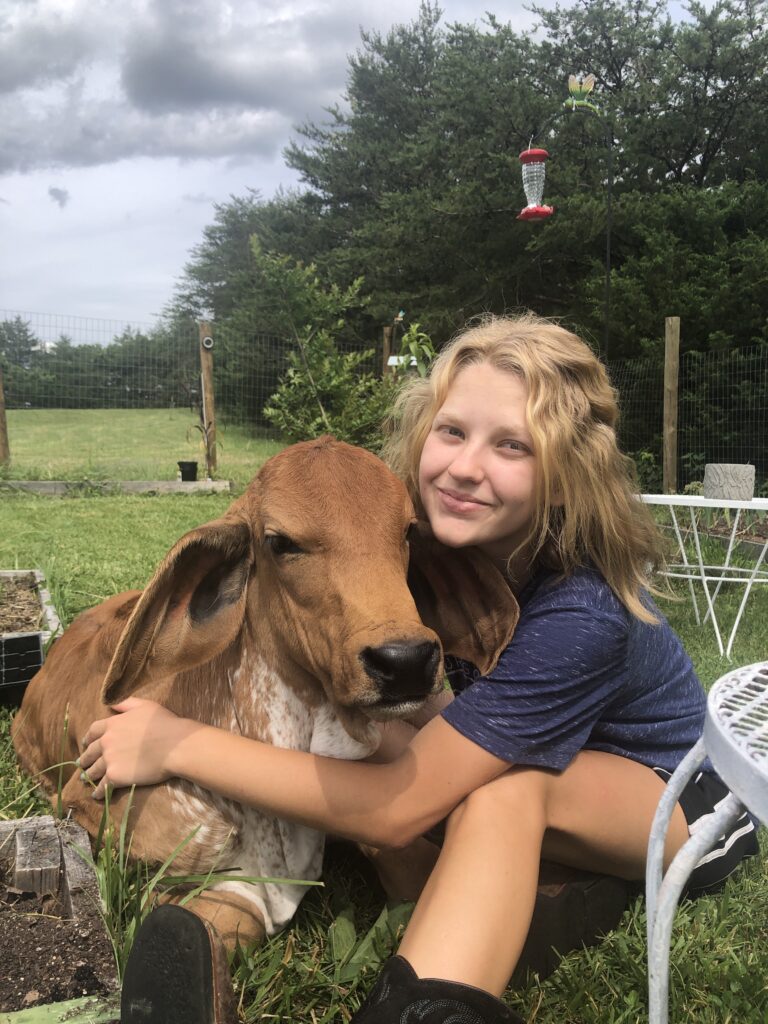
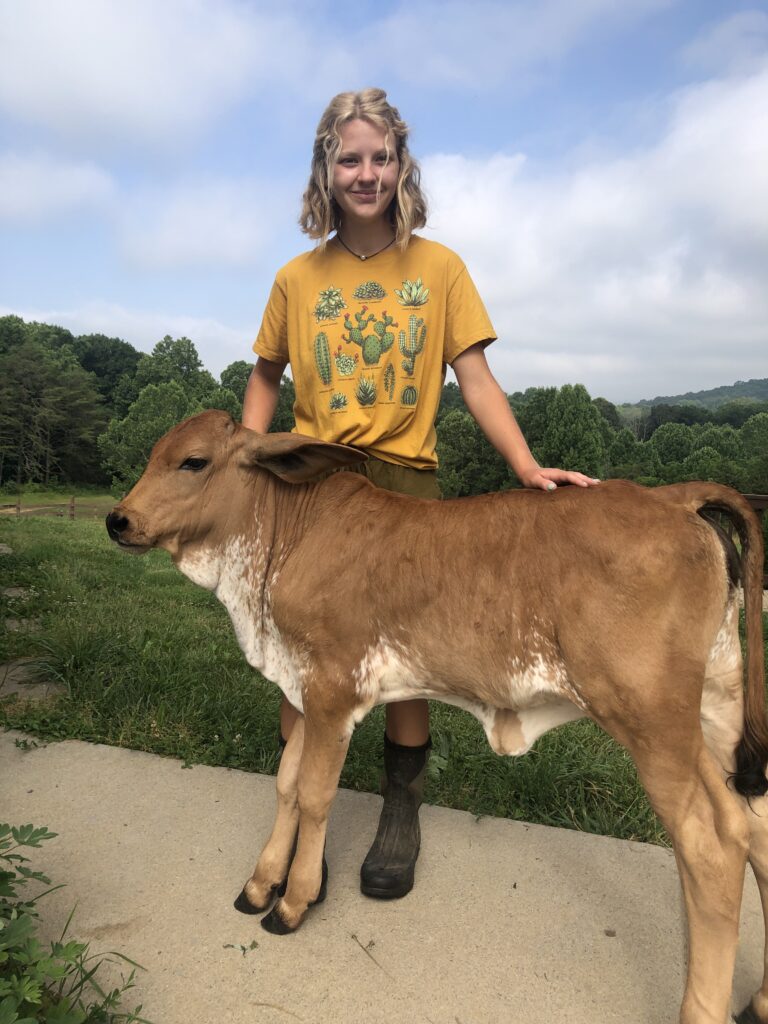
Her name is Molly, and she is a joy to have on our little homestead-in-the-making. Having some acreage allowed our daughter to pursue a dream, and share that dream with her dad. They are creating memories and experiences that will last a lifetime. Molly won’t be the last Brahman calf. Stay tuned for future Brahmans to join our herd.
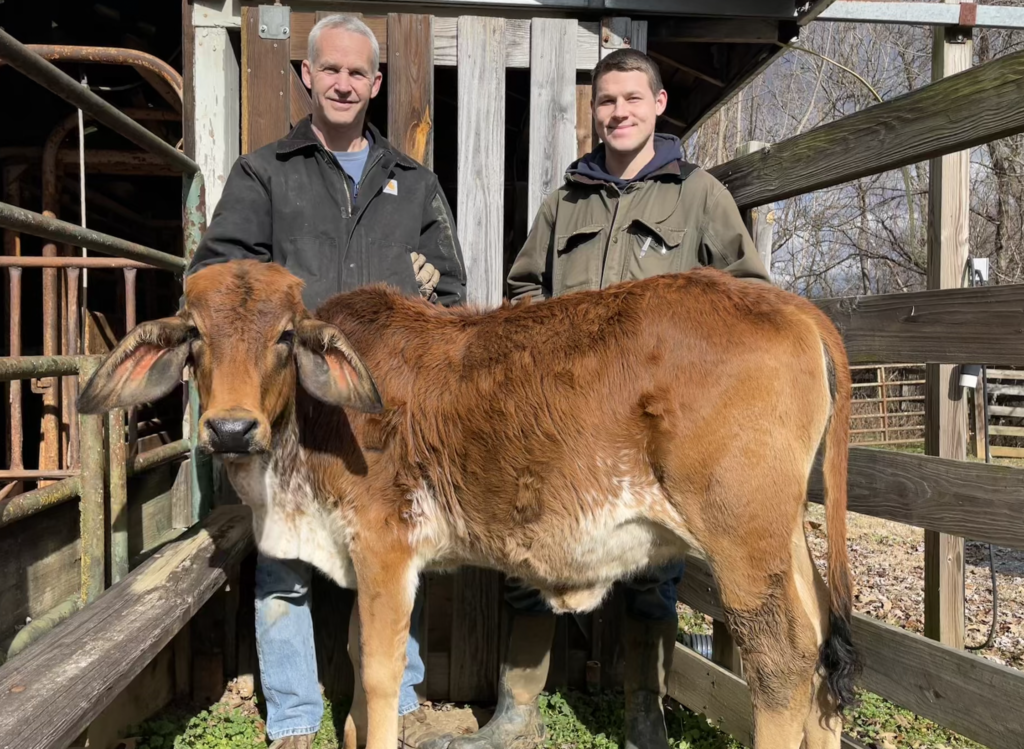
Maintaining Our Cows
Since we don’t have an extensive amount of acreage, we rotate our cows between our pasture, and 10 acres that my parents have about 15 minutes away. We have a small cattle trailer that we transport them in. It’s a low stress moving experience, and allows us to feed less hay and maintain our pasture more efficiently.
Chickens & Eggs
Neither hobby farming, nor homesteading, is complete without chickens. We also have laying hens and their eggs are for our personal consumption, as well as our neighbors who buy from us at a price that just covers the feed. Chicken poop is great for composting and to mix into garden soil, so that is an added benefit.
Goats
We had goats when our oldest two were little. They are fun and easy keepers, as long as your fencing is adequate. They can be escape artists. Many people have them for the benefits of their milk, as goat milk has many beneficial properties. However, goats are great for children and teach them responsibility. They are also excellent at cleaning up unwanted brush and weeds. They love poison ivy and invasive plants! If you’re wondering whether or not you could have milk goats that eat poison ivy, the answer is yes! NCSU’s article “Is it Safe to Consume Milk from Goats Eating Poison Ivy?” answers that question. Many farms have them around for a multitude of purposes – milk, brush clean up, or for generating an income.
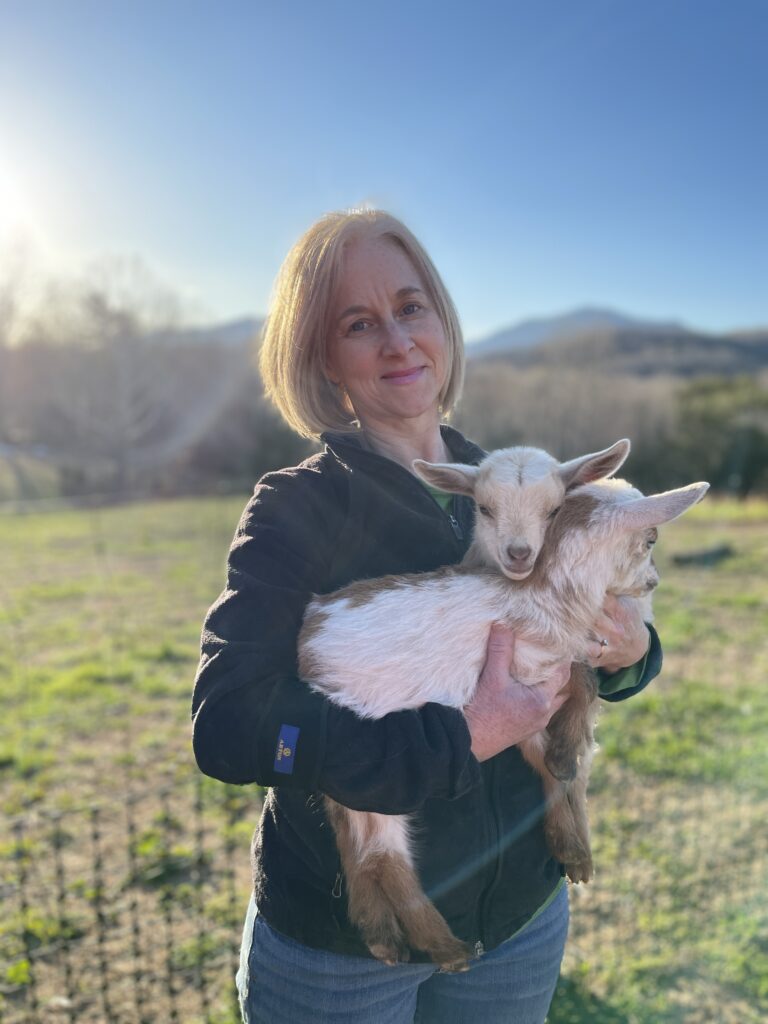

Gardening
Our hobby farm has a container garden that has doubled in size over the past few years. I maintain it easily alone. It’s organized in a way that the maintenance doesn’t get away from me. However, our daughter and husband have an in-ground garden that they maintain. Our daughter also enjoys growing flowers and is finding that fresh cut flowers are a great side gig. They are also a wonderful way to bless people. She tells me that blessing others, with her beautiful flowers, is her primary reason for growing them. This year, she’s planting more than ever. She has worked at a greenhouse for the past three years and is applying all that she’s learning. As we move towards homesteading, we are focusing on food preservation. More to come on that!
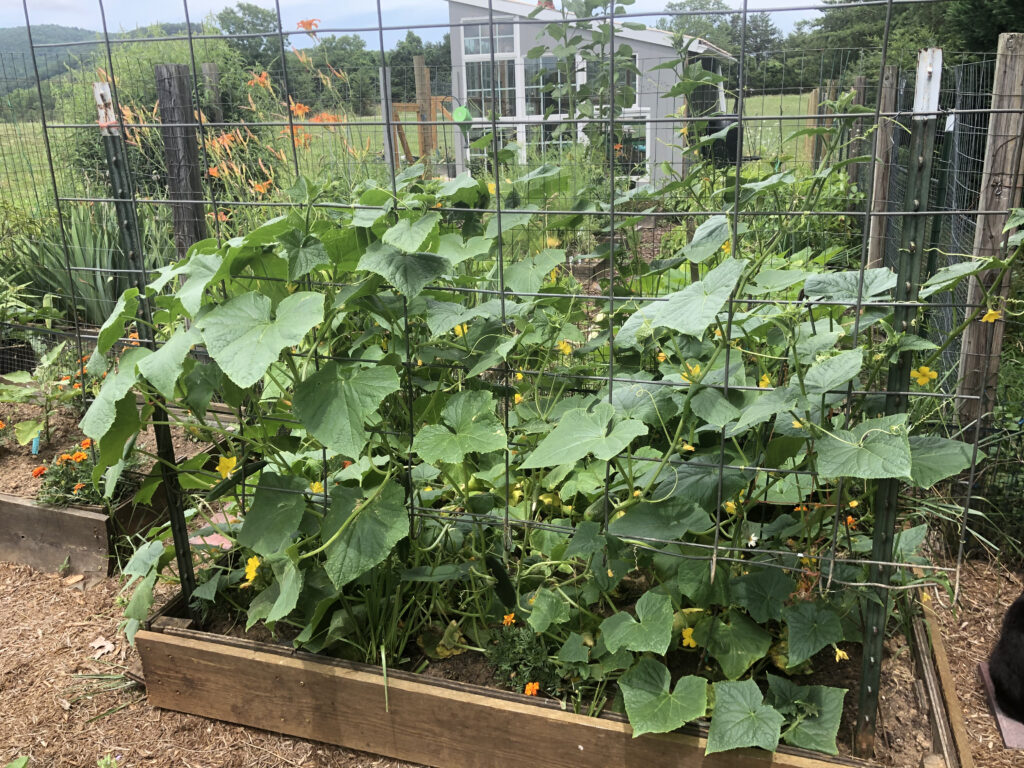
When she turned 16, we built a small greenhouse/potting shed for our daughter. It was a place where she could explore planting and growing, among many things. We built it very economically. Whether your passion is cut flower gardening, or vegetable gardening, we have several resources for you, starting with our All Things Gardening page. We also like to complete DIYs with repurposed goods. I’ll share more on that in future DIY blogs.
In additon to our garden, we planted an orchard 10 years ago, but are still working out the literal “bugs” on growing and harvesting fruit without the use of pesticides. Everyone around us, with fruit trees, insists that we have to use more potent chemicals on our trees if we want to yield decent fruit. Commercial pesticides haven’t been an option, and this year we’ll try a new organic pesticide. I have high hopes for a satisfactory fruit yield.
I love to share what recipes we enjoy from the produce in our garden. Stay connected!
Benefits of a Little Acreage
Having some extra land allows our oldest son to have outdoor space to grow his business. He has learned so much since leaving our neighborhood. We feel confident that our children will be more capable and self-sufficient in their adult lives after living here.
We don’t have a lot of acreage, just 10 acres with a creek, but we use it efficiently. Buying dirt was the best investment into our quality of life that we’ve ever made.
We are learning each step of the way, and would love to share what has and hasn’t worked so far. Farming in general is hardwork, more work than just “hobby farming” and homesteading is far more demanding and time consuming. However, the rewards are worth it. With complete confidence, I can speak for my family when I say that selling our house, and moving out to the country was the best move we could ever have made.
There is such freedom and potential in living on some acreage and making a lifestyle change. We’ve grown in our abilities, and we love sharing the experience with our friends and family. Most people who come out to visit for the day, or overnight, say they don’t want to leave. We’re incredibly grateful for the experience whether we stick with hobby farming, or we move past self-sufficiency in many areas, to almost total self-reliance.
We’ll share with you what we’re constantly learning.